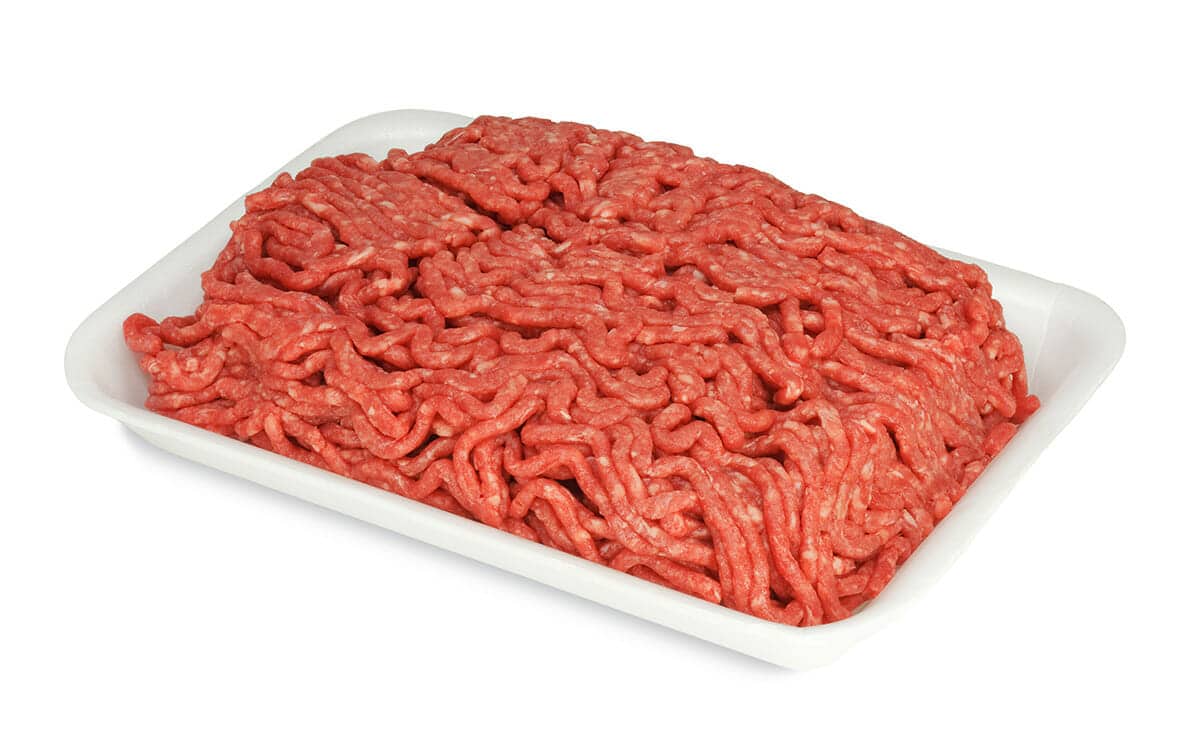Technology is continually changing, and this change is leading to the production of artificial meat other than the one you know. When will this meat be on our plate, and what impact will it have on the world?
You may want to begin to consider that the next meal you eat, may contain synthetic meat (meat not gotten from an animal).
This has attracted a lot of sensation and questions as regards the originality of this meat – whether it is healthy and safe, and the ethical issues surrounding its emergence.
Synthetic meat is seen by some as a way to meet the rising global demand for protein, and as a way to address concerns with modern livestock and poultry production methods.
During the past few years, the field of synthetic meat has grown from just a few pioneers to more players with a common goal to make meat derived from animals a thing of the past.
In 2013, the first synthetic or lab-grown burger was pried out of a petri dish and fried in front of the media. This was done to prove how meat could actually be edible, without slaughtering an animal.
Benefits of synthetic meat
According to the pioneers of synthetic meat, they believe that the production of this meat holds far more benefit than associated with meat from animals.
Key benefits include;
- Reduction in the emissions of methane, that contributes significantly to climate change.
- There would be a significant decrease in the use of water and land by 95%.
- It would eliminate the need for antibiotics and hormones in the final product.
- People will be able to make demands based on choice – on quality, on taste, on nutrients and on texture.
- Reduction in environmental harm caused by meat production, and reduction in animal cruelty.
- It is a way to create a sustainable food future.
Challenges and progress made so far
The first synthetic meat burger was produced with $300,000 and had taken two years. But after then, the cost of producing this meat has reduced.
Another challenge facing companies in this field is the need for bioreactors- a high tech VAT required to provide the perfect conditions for growth, the movement and stimulation to exercise the cells. Another issue is that there may not be enough serum in the world to mass produce this synthetic meat. The serum is the nutrient that is used to feed the cells.
Nevertheless, significant progress has been made so far. For one, In 2016, a company called Memphis Meats produced this synthetic meat for $1000. Pioneers believe that in a few years, it is expected that the price of this meat will fall to $10; and in the next few years that follow, prices will still fall further.
Also, research is focused on regenerative medicine to help aid both processed and unprocessed form of this meat.
Are we ready to eat this stuff?
The foremost thought on the minds of people is whether they are ready to eat this meat. Although, synthetic meat also referred to as ‘clean’, is considered more healthy than the regular meat. Will consumers drink and eat synthetic milk and meat, or will they be put off?
Surveys conducted have revealed that there is a willingness to try this meat. The percentage of persons in favour of the meat was more than the rate of people willing to try it. This is an indication that people are actually embracing the concept and are ready to give it a go.
As this meat will be so similar to the regular meat, and cannot be differentiated from the normal meat under a microscope, worries have come up with those still sceptical about it. Will this meat be labelled, so as to distinguish it from the normal meat?
Pioneers, however, believe that like all new technology, scepticism is expected, and people may not readily accept it now. Over time, just like in vitro fertilisation, people will not give synthetic meat a second thought; as they would come to embrace it as a better option in terms of all its benefits.
So what do you think? Would you like to try synthetic meat? Have you tried it before and would love to let us know what it feels like? Share your experiences in the comments.









